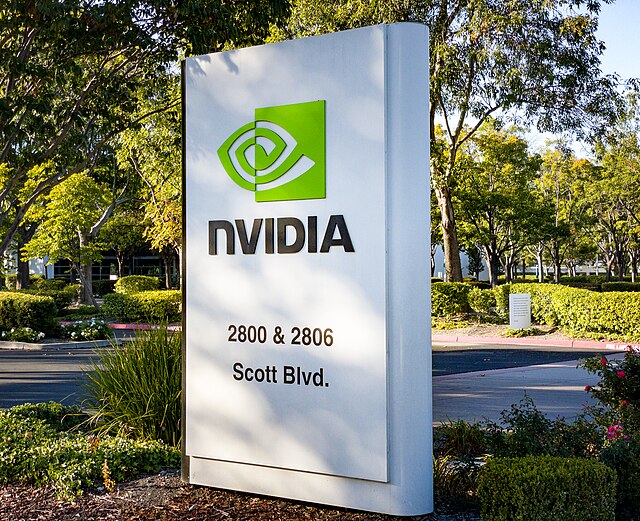Alibaba has announced one of the largest technology investments in China’s history: a $53 billion commitment to artificial intelligence (AI). The Alibaba $53 billion AI investment signals the company’s determination to position itself as the driving force behind China’s AI revolution. Additionally, the Alibaba $53 billion AI investment aims to compete head-to-head with global leaders in the field.
Qwen 3 Max: More Than a Chatbot
At its most recent technology conference, Alibaba unveiled Qwen 3 Max, a next-generation AI model with over three trillion parameters. This development is a direct result of Alibaba’s $53 billion AI investment. It places Qwen 3 Max among the most powerful AI systems in the world.
What sets Qwen 3 Max apart is that it is not simply a chatbot designed for conversation. Instead, it has autonomous agent capabilities. This means the system can take a goal from a human user, simulate decisions, create a detailed plan, and then execute the steps of that plan on its own. For example, a business owner could ask the model to organize a marketing campaign. Qwen 3 Max could research the market, generate strategies, and even draft campaign material.
Benchmark tests released by Alibaba show that Qwen 3 Max has outperformed rivals such as Anthropic and DeepSeek across multiple categories, raising eyebrows in the global AI community. If accurate, this would mark a major step forward for Chinese AI innovation under the Alibaba $53 billion AI investment. This investment confirms the company’s ambitious plans.
Stock Market Reaction: A Surge of Confidence
Investors quickly rewarded Alibaba’s bold announcement. The company’s shares climbed 6% in Hong Kong and 9% on the New York Stock Exchange (NYSE) following the news. This sharp rise shows investor confidence that Alibaba’s massive bet on AI, specifically their $53 billion AI investment, could open new revenue streams. Moreover, it could secure its leadership in China’s fast-evolving tech landscape, thanks to the Alibaba $53 billion AI investment.
Analysts suggest that Alibaba’s commitment may also spark a wave of investment in Chinese AI startups, with venture capital firms and other tech giants racing to match the scale of Alibaba’s ambition.
The Chip Challenge
Perhaps the most strategic element of this plan is Alibaba’s focus on developing its own chips. Until recently, Alibaba was one of NVIDIA’s largest customers, relying heavily on imported GPUs to power its AI training. However, U.S. restrictions on advanced chip exports have changed the game.
To reduce this dependency, Alibaba is pouring resources into building domestic chip technology. By controlling both the hardware and the software layers of AI, Alibaba hopes to secure an end-to-end ecosystem. This ecosystem cannot be disrupted by external restrictions.

Why It Matters for China and the World
Alibaba’s $53 billion bet is not only a corporate strategy but also a national milestone. China has openly declared its goal to become the world’s leader in AI by 2030. Alibaba’s investment aligns closely with that vision. It signals a long-term commitment to pushing AI beyond simple chatbots into fields like finance, healthcare, logistics, and education.
For global competitors, this development is a reminder that the AI race is no longer dominated by Silicon Valley alone. If Alibaba succeeds in scaling Qwen 3 Max and its chip ecosystem, China could reduce its technological dependence on the U.S. Furthermore, the Alibaba $53 billion AI investment could help China claim a stronger voice in setting the global standards for artificial intelligence.

